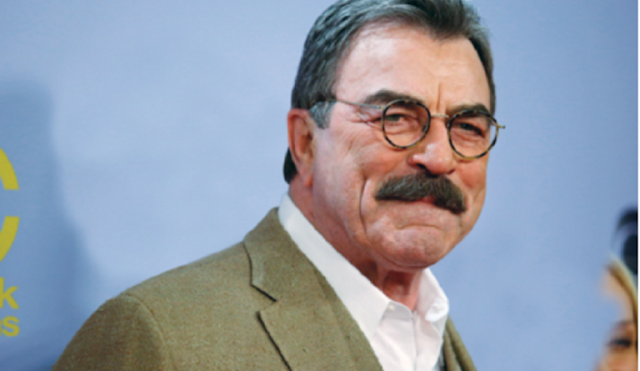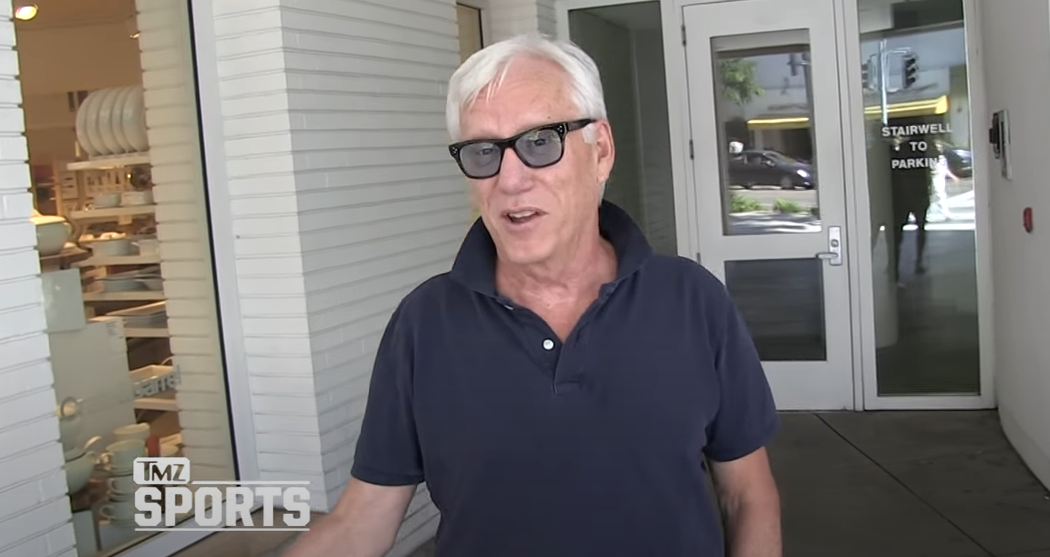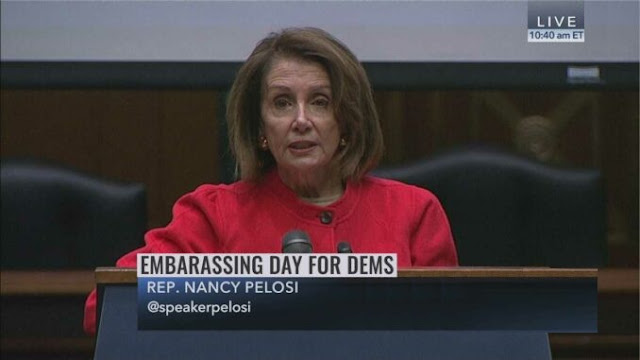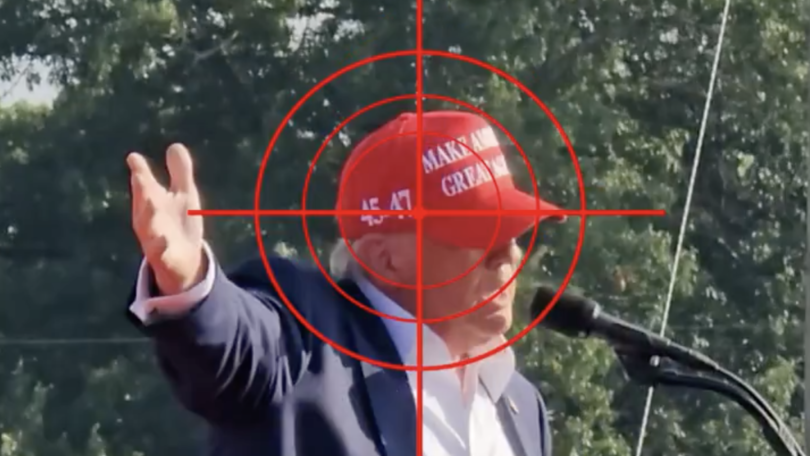SHOCKING: Jeanine Pirro Demands Boycott of ‘The View’ LIVE On Air—Fans Erupt in Cheers, Flood Social Media With Praise: “Finally Someone Said It!”…
It was a morning on live television that no one could have scripted, and yet, as the cameras rolled in ABC’s iconic studio, the air crackled with a tension so sharp you could almost feel it through the screen. Jeanine Pirro, never one to tiptoe around controversy, was sitting across from the panel of The View, her eyes blazing with the kind of defiance that only comes from years in the trenches of cable news. The show’s familiar faces—Whoopi Goldberg, Joy Behar, Sunny Hostin—were poised, ready for another round of sparring. But what happened next would leave viewers—and social media—utterly stunned.

The segment started innocently enough, with Pirro invited to discuss the fallout from Karoline Leavitt’s explosive appearance days earlier. Leavitt, the new White House Press Secretary and a lightning rod for conservative energy, had just ignited a firestorm by accusing The View of “silencing dissent” and “mocking conservative voices.” Clips of that tense exchange had already gone viral, with Leavitt’s blunt words ricocheting from Fox News to Twitter, and back again.
But Pirro was not here to play nice. As the conversation turned to media bias and the “echo chamber” of daytime television, she leaned in, her voice rising above the polite chatter. “You know what?” she said, her words slicing through the studio. “I think it’s time America stops watching The View. Enough is enough. Boycott this show. Let’s send a message—they don’t speak for us.”
For a moment, there was silence—real, honest, bone-deep silence. Whoopi blinked, her usual composure slipping. Joy Behar’s mouth fell open, disbelief painted on her face. Sunny Hostin tried to jump in, her voice trembling, “Judge Pirro, we’re here to have a conversation—” but Pirro cut her off, unrelenting. “Conversation? Is that what you call it when anyone who disagrees is interrupted, mocked, or shut down? You don’t want a conversation. You want a monologue.”
The studio audience, always a wild card, erupted. Some cheered, some booed, but the sound was unmistakable—a wave of approval for Pirro’s audacity. Within minutes, the internet was ablaze. Hashtags like #BoycottTheView and #JeaninePirroHero shot up the trending list, with fans flooding X and Instagram with praise. “Finally someone said it!” one post read, racking up thousands of likes. “Pirro just did what millions of us have wanted for years—call out the hypocrisy.”
Backstage, producers scrambled. The hosts tried to regain control, but Pirro was on a roll. “You talk about democracy, about giving everyone a voice. But when a conservative woman sits here and challenges you, you roll your eyes and change the subject. That’s not democracy. That’s censorship.”
Journalists and pundits raced to weigh in. Dr. Renee Forrester, a media analyst at NYU, told Daily Mail, “This is more than just a viral moment. Pirro’s call for a boycott taps into a deep frustration with legacy media. The View, for all its influence, has become a symbol of the culture war—where real dialogue is drowned out by theatrics.” Conservative outlets hailed Pirro as a “truth-teller,” while even some progressive columnists admitted the show’s handling of dissent had become a genuine problem. “If The View can’t challenge its critics with facts instead of flustered reactions,” wrote one Atlantic op-ed, “then maybe it’s time for a rethink.”
Meanwhile, social media became a battleground. Some users posted clips of Pirro’s speech, tagging friends and family with calls to “turn off The View for good.” Others defended the show, insisting it gave voice to the issues mainstream America cares about. But the energy was unmistakable—Pirro had struck a nerve.
As the dust settled, Pirro stood her ground. “I’m not afraid to say what millions of Americans are thinking,” she told reporters outside the studio. “We deserve better than this. We deserve real conversation, not canned outrage.”
In a world where trust in media is fraying and every moment is a potential flashpoint, Pirro’s live demand for a boycott was more than just TV drama—it was a shot across the bow. The View, once the queen of daytime dialogue, found itself at the center of a storm that shows no sign of breaking. And as America watched, one thing was clear: the fight over who gets to shape the national conversation is only just beginning.










